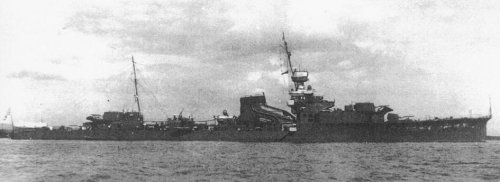
NAVYPEDIA
 Support the project with paypal
Support the project with paypal
Photo
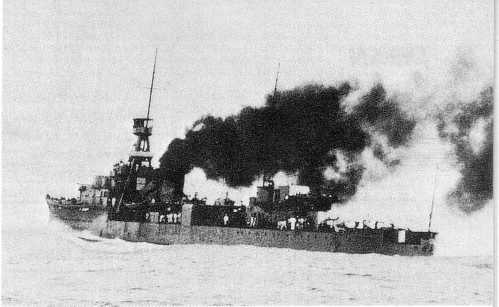
Yubari 1923
Ships
| Name | No | Yard No | Builder | Laid down | Launched | Comp | Fate |
|---|---|---|---|---|---|---|---|
| 夕張 [Yubari] | Sasebo K K | 5.6.1922 | 5.3.1923 | 31.7.1923 | sunk 28.4.1944 |
Technical data
| Displacement standard, t | 3387 |
|---|---|
| Displacement full, t | 4400 |
| Length, m | 132.6 pp 136.5 wl 138.9 oa |
| Breadth, m | 12.0 |
| Draught, m | 3.58 |
| No of shafts | 3 |
| Machinery | 3 sets Kampon geared steam turbines, 8 Kampon boilers |
| Power, h. p. | 57750 |
| Max speed, kts | 35.5 |
| Fuel, t | oil 916 |
| Endurance, nm(kts) | 5500(10) |
| Armour, mm | belt: 57, deck: 25, turrets: 25 |
| Armament | 2 x 2 - 140/50 3-shiki, 2 x 1 - 140/50 3-shiki, 1 x 1 - 76/40 3-shiki, 2 x 1 - 7.7/80, 2 x 2 - 610 TT (8), 48 mines |
| Complement | 328 |
Standard scale images

Yubari 1944

Yubari 1944
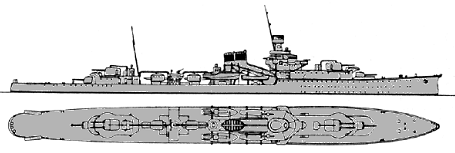
Yubari 1939
Graphics
Project history
The cruiser of "small model" of "8-4" Programme, named Yubari, has been designed by the main shipbuilder of IJN captain Yuzuru Hiraga for working off of some constructive decisions included into design of 7500t "scouts" (future heavy cruisers of Furutaka class). In particular, on Yubari possibility of decrease in percentage weight of hull without decrease in its durability at the expense of including of an armoured belt into hull framing was checked.
According to the task at designing attempt has been undertaken to receive the ship, which at significantly smaller displacement (3141t standard under the design) will not yield on parameters to standard 5500t cruisers. For achievement of this purpose the hull have as much as possible lightened, but thus 38mm belt has been included into framing, ensuring a longitudinal strength. Belt passed in the hull on some distance from side 19mm plating, had 10° declination inside and fastened directly to bracket frames. On an upper edge it was connected with 25mm main deck, at lower edge with a double bottom crown. The belt reached almost 60m length. Including of armour into hull structure has allowed to decrease its weighting share from displacement from 38.3% (on 5500t cruisers) to 31.2% (on Yubari) lost-free for durability. Simultaneously for protection this indicator has increased approximately from 4 to 10%.
Though cruiser of "small model" carried one 140mm gun and four torpedo tubes less, than standard cruiser, at expense of more successful arrangement side salvo was not decreased, and placing of two thirds of 140mm guns in power-driven turrets has allowed even to raise firing rate. The sizes of Yubari demanded for achievement of 35kts speed in one and a half time of smaller power: machinery of new cruiser has been calculated for 57900hp and consisted of three turbine units, steam for which was produced by eight boilers, placed in three compartments. Two boilers (BR No1) had mixed firing, remaining had pure oil. Smoke ducts were deduced into one funnel. Being in many respects experimental, Yubari became the first Japanese cruiser in which design lines were showed, characteristic only for the Japanese applied naval architecture: originally curved stem, integrating of big number of smoke ducts into one funnel, absence of a plating behind side armour and its usage and an armour deck for raise of a longitudinal strength of the hull.
Cruiser trials have acknowledged correctness of main principles concerning to design, also however the significant lack, characteristic for the majority of the subsequent Japanese ships has come to light, was building overload.
Ship protection
Inner 38mm belt (57.9x4.2m) was inclined inside at 10° and placed at some distance from 19mm plating. It connected by upper edge with 25mm main deck.
Modernizations
1933: - 1 x 1 - 76/40
1935: - 2 x 1 - 7.7/80; + 1 x 2 - 13.2/76
1940: - 1 x 2 - 13.2/76; + 2 x 2 - 25/60 96-shiki
3/1944: - 2 x 1 - 140/50; + 1 x 1 - 120/45 10-shiki, 3 x 3 - 25/60 96-shiki, 2 x 2 - 25/60 96-shiki, 8 x 1 - 25/60 96-shiki, 2 DCR (36), 2-shiki 2-go radar. Full displacement rose to 4448t, maximal speed fell to 32kts.
Naval service
Yubari 27.4.1944 was sunk at Palau by American submarine Bluegill.
 HOME
HOME FIGHTING SHIPS OF THE WORLD
FIGHTING SHIPS OF THE WORLD JAPAN
JAPAN CRUISERS
CRUISERS YUBARI light cruiser (1923)
YUBARI light cruiser (1923)